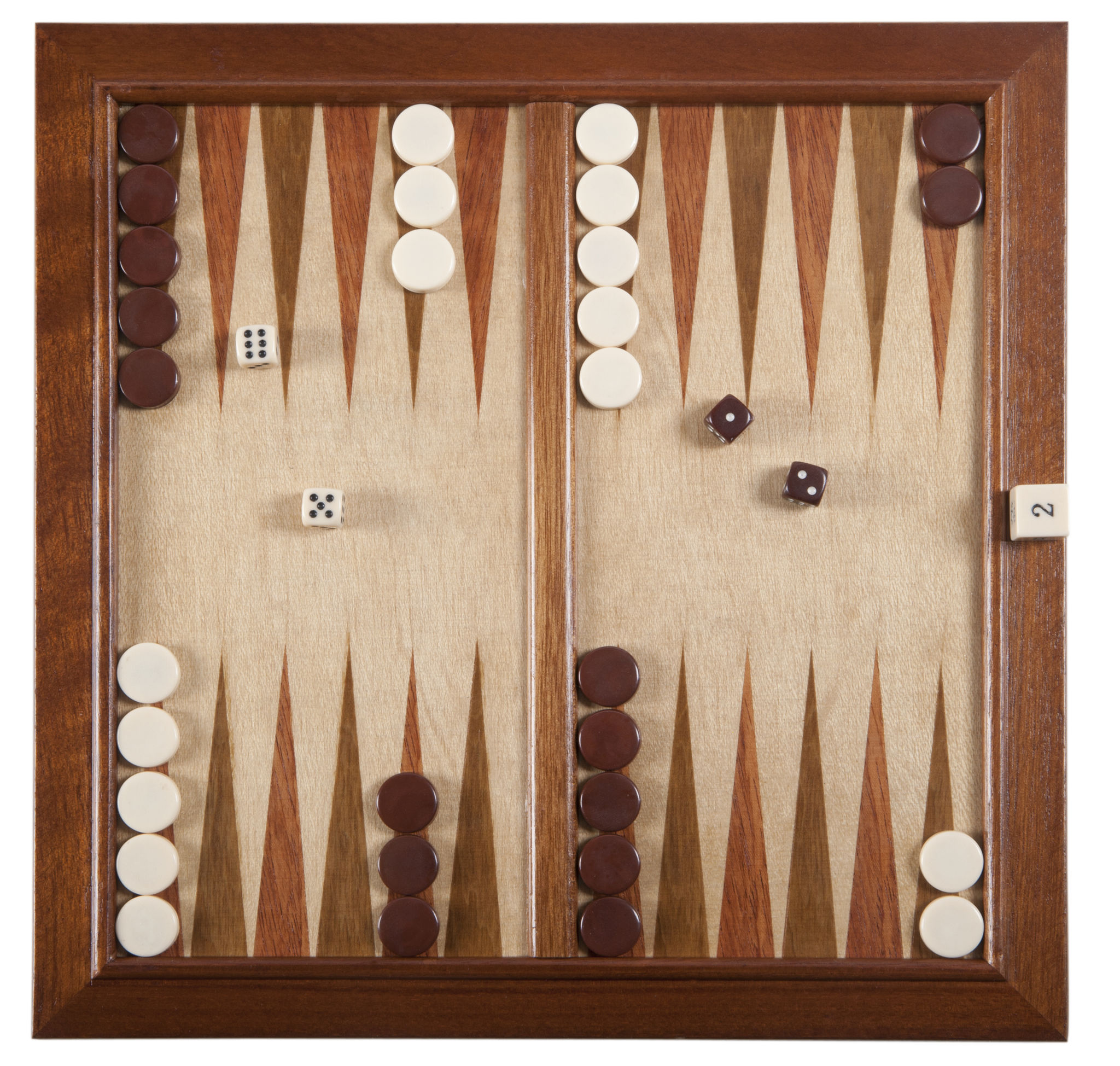Mastering Backgammon Strategy: Tips for Advanced Players
Understanding the Importance of Positional Play
One of the key elements in mastering backgammon strategy is understanding positional play. This involves making moves that enhance your board position while restricting your opponent's options. It's crucial to think several moves ahead and consider how your current decisions will impact the game's future dynamics. The objective is to create a position that maximizes your chances of rolling winning numbers while limiting your opponent's opportunities.

Advanced players know that controlling key points on the board, such as the 5-point, can significantly influence the game's outcome. By holding these critical positions, you can effectively block your opponent's checkers, forcing them into difficult situations. This aspect of strategy requires not just tactical skill but also a deep understanding of probability and timing.
Mastering Doubling Strategy
The doubling cube adds a layer of complexity to backgammon that many players find challenging. Advanced players use the doubling cube to apply pressure on their opponents and turn the tide of the game in their favor. Knowing when to offer a double and when to accept or decline one is a skill that can significantly impact your winning percentage.
To master this aspect, it's essential to evaluate the game's current state accurately. Consider factors such as your board position, pip count, and potential risks. By weighing these elements, you can make informed decisions about when to leverage the doubling cube for maximum advantage.

Effective Pip Counting Techniques
Pip counting is another critical skill for advanced backgammon players. This technique involves calculating the minimum number of rolls needed to bring all your checkers home and bear them off. Accurate pip counting allows you to assess whether you have a lead or need to adjust your strategy to catch up.
Developing an efficient method for pip counting is essential. Many players use shortcuts or mnemonic devices to speed up this process during gameplay. Practicing pip counting regularly can enhance your ability to make quick and accurate strategic decisions under pressure.
Utilizing Back Games for Comebacks
Advanced players understand the value of back games as a comeback strategy. A back game involves maintaining one or more anchors in your opponent's home board while waiting for an opportunity to hit a blot and turn the game around. This technique requires patience and precise timing, as you must balance the risks and rewards carefully.

Executing a successful back game can be challenging, as it often involves taking calculated risks. However, when done correctly, it can provide a significant advantage and catch your opponent off guard. Mastering this strategy requires practice and a keen understanding of how to manipulate your opponent's movements effectively.
Advanced Checker Play Techniques
Advanced checker play goes beyond basic moves and involves subtle techniques that can give you an edge in competitive games. One such technique is slotting, where you place a single checker on a key point with the hope of securing it in the next roll. This approach can be risky but rewarding if executed correctly.
Another advanced technique is priming, which involves creating a series of consecutive occupied points to block your opponent's checkers. This strategy can effectively trap your opponent's pieces and limit their movement across the board, giving you control over the game's pace.
The Psychological Aspect of Backgammon
Finally, mastering backgammon isn't just about technical skill; it also involves understanding the psychological aspect of the game. Reading your opponent's intentions and predicting their moves can give you a significant advantage. Being aware of your own psychological state is equally important, as staying calm and focused can prevent costly errors.

Advanced players often use psychological tactics to unsettle their opponents, such as varying their playing speed or using bluffing techniques with the doubling cube. Developing mental resilience and strategic insight into your opponent's behavior can elevate your game to new heights.
